接続
動詞普通形+ことだろう/ことでしょう
イ形普通形+ことだろう/ことでしょう
ナ形語幹+な/である+ことだろう/ことでしょう
意味
一定…吧
解説
推測を表します。前件に「さぞ」「さぞかし」が呼応することもあります。
「だろう/でしょう」単体でも推測を表しますが、「ことだろう/ことでしょう」はさらに丁重で書き言葉的な表現で、話者の感情が含まれます。
情景、情緒、感情を前面に出せる文法です。
例文
(1) 女の子は可愛い服をいっぱい着れて、さぞかし毎日楽しいことだろう。
女孩子能穿很多可爱的衣服,想必每天都很开心吧。
Girls must have a lot of fun wearing cute clothes every day.
(2) 今まで出会えた全ての人々にもう一度出会えたら、さぞ素敵なことだろう。
如果能再一次遇到至今为止遇到的所有人,那一定是件很棒的事吧。
It would be wonderful to meet again with all the people I’ve ever met.
(3) 高いメロン、さぞ美味しかったことだろう。
很贵的甜瓜,一定很好吃吧。
The expensive melon must have been delicious.
(4) 仕事終わりに飲む酒はさぞかし美味いことだろう。
工作结束后喝的酒一定很好喝吧。
The drink after work must be really delicious.
(5) もうすぐセンター試験を控え、彼は今も勉強に励んでいることだろう。
马上就要高考了,他现在应该也在努力学习吧。
With the university entrance exams coming up soon, he must be still studying hard.
(6) 亡くなった人の気持ちを考えると、さぞかし無念なことだっただろう。
一想到死去的人的心情,想必是很遗憾的吧。
Thinking about the feelings of the deceased, it must have been truly regrettable.
(7) あんなに長時間集中して疲れたことでしょう。
集中精力那么长时间,很累了吧。
It must have been tiring to concentrate for such a long time.
(8) ここでも雪が積もり始め、今頃山の方ではひどいことになっていることだろう。
这里也开始积雪了,现在山上的情况应该很严重吧。
Snow is starting to pile up here too, and by now, it must be pretty severe in the mountains.
備考
特になし
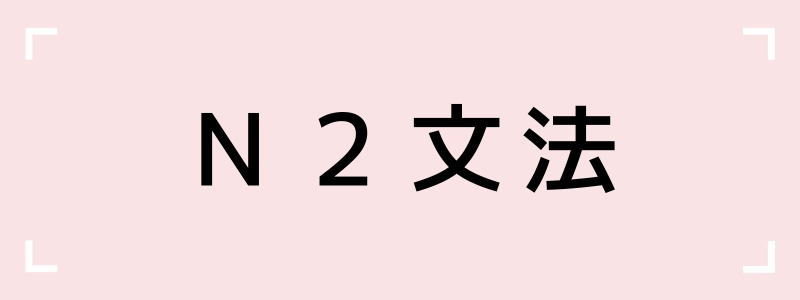
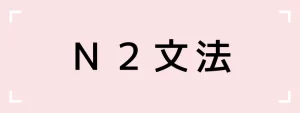
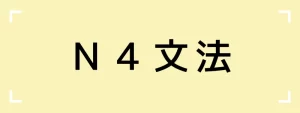
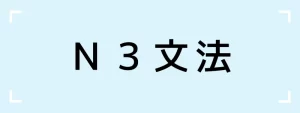
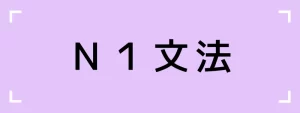
コメント